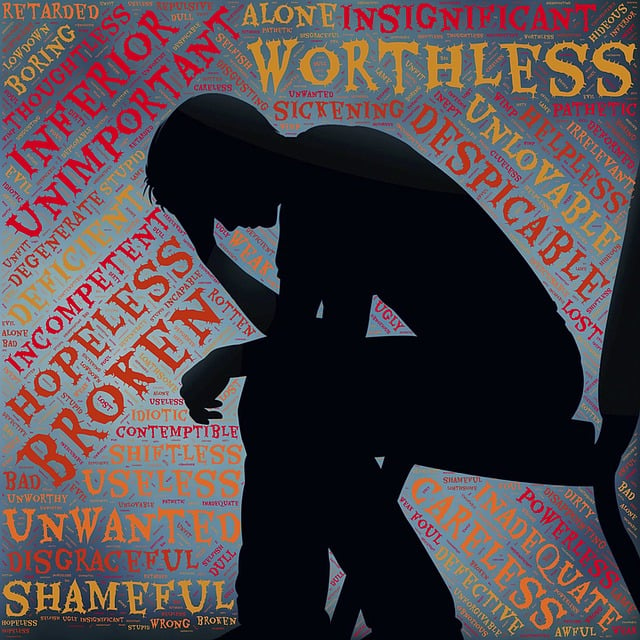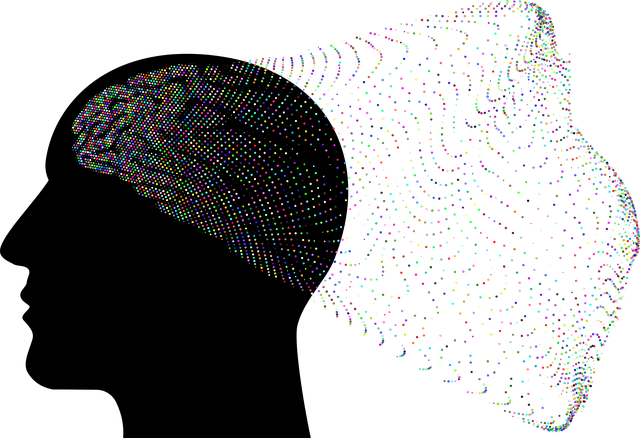Westminster OCD therapy leads community outreach programs aiming to educate, dispel myths, and reduce stigma surrounding Obsessive Compulsive Disorder (OCD). These initiatives offer early intervention, connect diverse groups with therapists, and provide stress reduction & empathy-building strategies through workshops, sessions, and support groups. Their approach includes Social Skills Training and Mind Over Matter principles, empowering individuals to manage OCD symptoms effectively. Through strategic partnerships with local entities, these programs foster community well-being, measured by attendance, mental health improvements, and positive feedback, ultimately reducing OCD impacts.
Westminster Obsessive Compulsive Disorder (OCD) Therapy has recognized the power of community outreach as a crucial tool for raising awareness and providing support. This article explores effective strategies for implementing community outreach programs, focusing on engaging local residents and offering assistance tailored to their needs. We’ll delve into designing inclusive initiatives, successful implementation techniques, and measuring the impact on Westminster’s mental health landscape, ensuring a positive reach for OCD therapy.
- Understanding Community Outreach for OCD Therapy in Westminster
- Designing Effective Programs to Engage the Community
- Implementation Strategies and Measuring Success in Local Outreach
Understanding Community Outreach for OCD Therapy in Westminster

In Westminster, the implementation of community outreach programs for Obsessive Compulsive Disorder (OCD) therapy is a significant step towards improving mental health support. These initiatives aim to raise awareness about OCD and dispel myths surrounding the condition, which often leads to stigmatization. By engaging with the community, local residents can gain a deeper understanding of OCD, its impact on individuals’ lives, and the available treatment options, including Westminster OCD therapy services.
Community outreach plays a crucial role in promoting early intervention for those struggling with OCD symptoms. It enables therapists and mental health professionals to reach out to diverse populations, offering educational sessions and support groups that focus on stress reduction methods, such as mindfulness meditation, alongside empathy-building strategies. These programs foster an environment where individuals can openly discuss their experiences, reducing feelings of isolation and encouraging help-seeking behaviors for those affected by OCD.
Designing Effective Programs to Engage the Community

Designing effective community outreach programs to address mental health issues like Obsessive Compulsive Disorder (OCD) requires a multifaceted approach tailored to engage and connect with diverse communities. Westminster OCD Therapy has recognized the importance of such initiatives, focusing on innovative strategies that go beyond traditional therapy settings. One key aspect is incorporating Social Skills Training into community outreach, fostering a sense of belonging and support among individuals struggling with OCD or related disorders. This not only enhances social connections but also empowers participants with valuable coping mechanisms in real-world environments.
Additionally, integrating Mind Over Matter Principles, a powerful concept within the therapy framework, enables participants to understand and manage their conditions more effectively. By teaching individuals how to challenge obsessive thoughts and modify maladaptive behaviors, these programs empower them to take control of their mental health. Before implementing any initiative, mental health professionals should conduct thorough risk assessments (a crucial step) to ensure the safety and well-being of all involved while navigating the complexities of community outreach successfully.
Implementation Strategies and Measuring Success in Local Outreach

Implementing community outreach programs for issues like Obsessive Compulsive Disorder (OCD) therapy requires a strategic approach to ensure maximum impact and success. One effective strategy is to partner with local schools, communities, and healthcare providers to raise awareness about OCD and available support services. This can involve educational workshops, informational sessions, and peer support groups tailored to specific age groups and needs. For instance, Westminster OCD Therapy programs can offer Mindfulness Meditation techniques as a holistic approach to managing symptoms, enhancing self-esteem improvement, and cultivating compassion within the community.
Measuring the success of these initiatives is crucial for gauging their effectiveness. Key performance indicators (KPIs) may include the number of individuals who attend workshops or access therapy services, improvements in mental health metrics, and feedback from participants. Additionally, tracking long-term outcomes such as reduced OCD symptoms, enhanced coping mechanisms, and increased community participation can provide valuable insights. Incorporating Compassion Cultivation Practices into outreach programs has been shown to foster a sense of belonging and understanding, ultimately contributing to the overall success and well-being of the community.
Community outreach programs play a pivotal role in bringing specialized therapy, such as Westminster Obsessive Compulsive Disorder (OCD) treatment, directly to those who need it most. By designing and implementing effective initiatives, we can engage the community, break down barriers to access, and ultimately enhance mental health support for individuals struggling with OCD in Westminster and beyond. These strategies not only ensure success but also foster a more inclusive and supportive environment for everyone involved.














